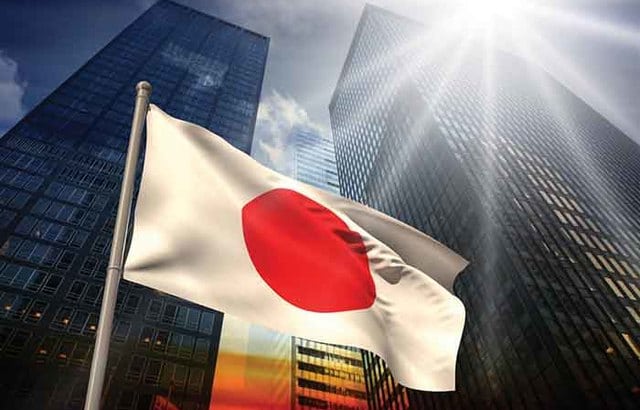Prospects for 2018
After such a good 2018, and on the back of years of disappointment, what are the prospects for Japan heading into next year?
Jeremy Podger, manager of the Fidelity Global Special Situations Fund, is fairly positive.
“Regionally, Japanese equities are still well below the levels of the late 1990s, but in 2017 they reached a 25-year high,” Podger says. “Earnings growth in Japan is expected to reach 20% in 2017, but consensus forecasts that rate to slow sharply in 2018, although it is still expected to remain in positive territory.
“I think there is potential for Japanese profits to surprise investors on the upside in 2018, resulting in another leg up in that market.”
Jenkins also thinks the outlook for Japanese equities is positive, based on the combination of robust earnings momentum and attractive valuations. The forward earnings yield for the market is currently 5.8%, which he says looks “very reasonable” relative to its history and also to other developed markets.
“The market also looks attractive on an income basis, with its forecast dividend yield approaching 2%, well above the 0.04% yield on 10-year Japanese government bonds.”
Overall, Jenkins expects Japanese equities to return between 5-10% as a whole between now and the end of next year.
“We feel that this is a conservative assumption without including any expansion of multiples,” he says. “Indeed it is interesting to reflect that Japan is one of the few developed markets which has not seen a multiple expansion over the year as earnings have more than kept pace with stock prices.
“Hence in a relative sense the Japanese equity market has become more attractive. This fact alone leaves room for further upside.”
Turning to the economy John Greenwood, chief economist at Invesco, expects growth to lag both the US and eurozone in 2018, but to remain stable at about 1.2%.
“Despite huge qualitative and quantitative easing by the Bank of Japan, inflation is likely to stay weak and below the central bank’s 2% target, but should stay above zero,” he says.













